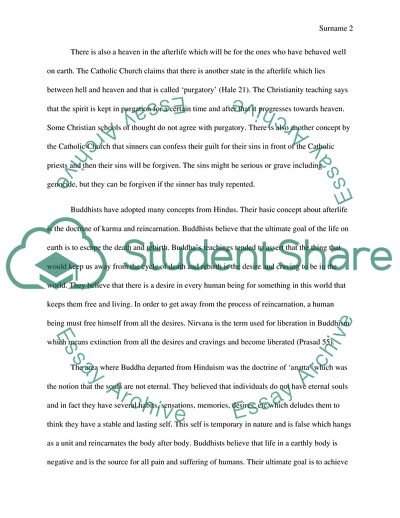Cite this document
(The Concept of Afterlife Essay Example | Topics and Well Written Essays - 1500 words, n.d.)
The Concept of Afterlife Essay Example | Topics and Well Written Essays - 1500 words. https://studentshare.org/religion-and-theology/1830276-afterlifes
The Concept of Afterlife Essay Example | Topics and Well Written Essays - 1500 words. https://studentshare.org/religion-and-theology/1830276-afterlifes
(The Concept of Afterlife Essay Example | Topics and Well Written Essays - 1500 Words)
The Concept of Afterlife Essay Example | Topics and Well Written Essays - 1500 Words. https://studentshare.org/religion-and-theology/1830276-afterlifes.
The Concept of Afterlife Essay Example | Topics and Well Written Essays - 1500 Words. https://studentshare.org/religion-and-theology/1830276-afterlifes.
“The Concept of Afterlife Essay Example | Topics and Well Written Essays - 1500 Words”. https://studentshare.org/religion-and-theology/1830276-afterlifes.


